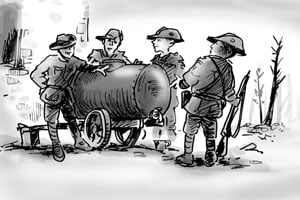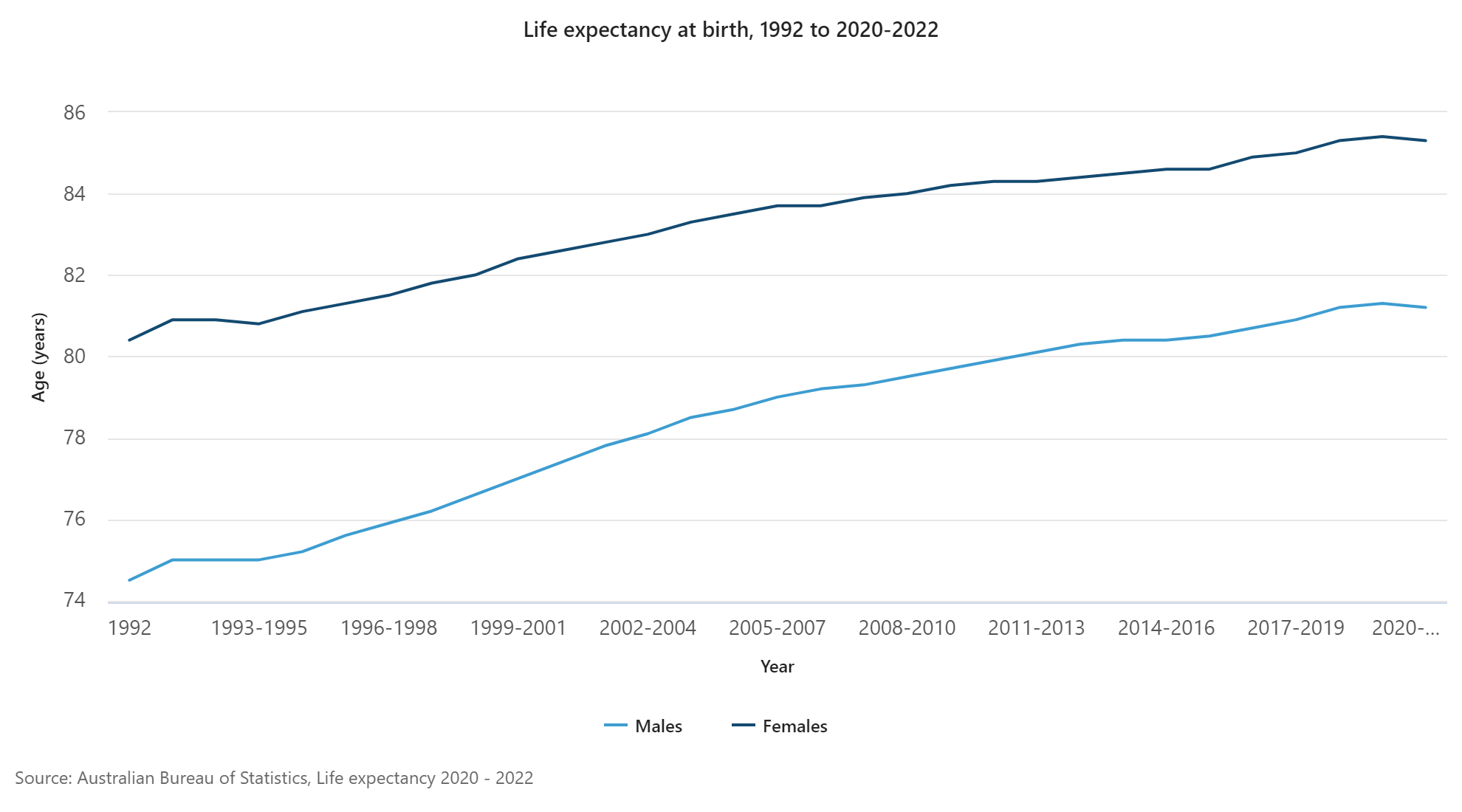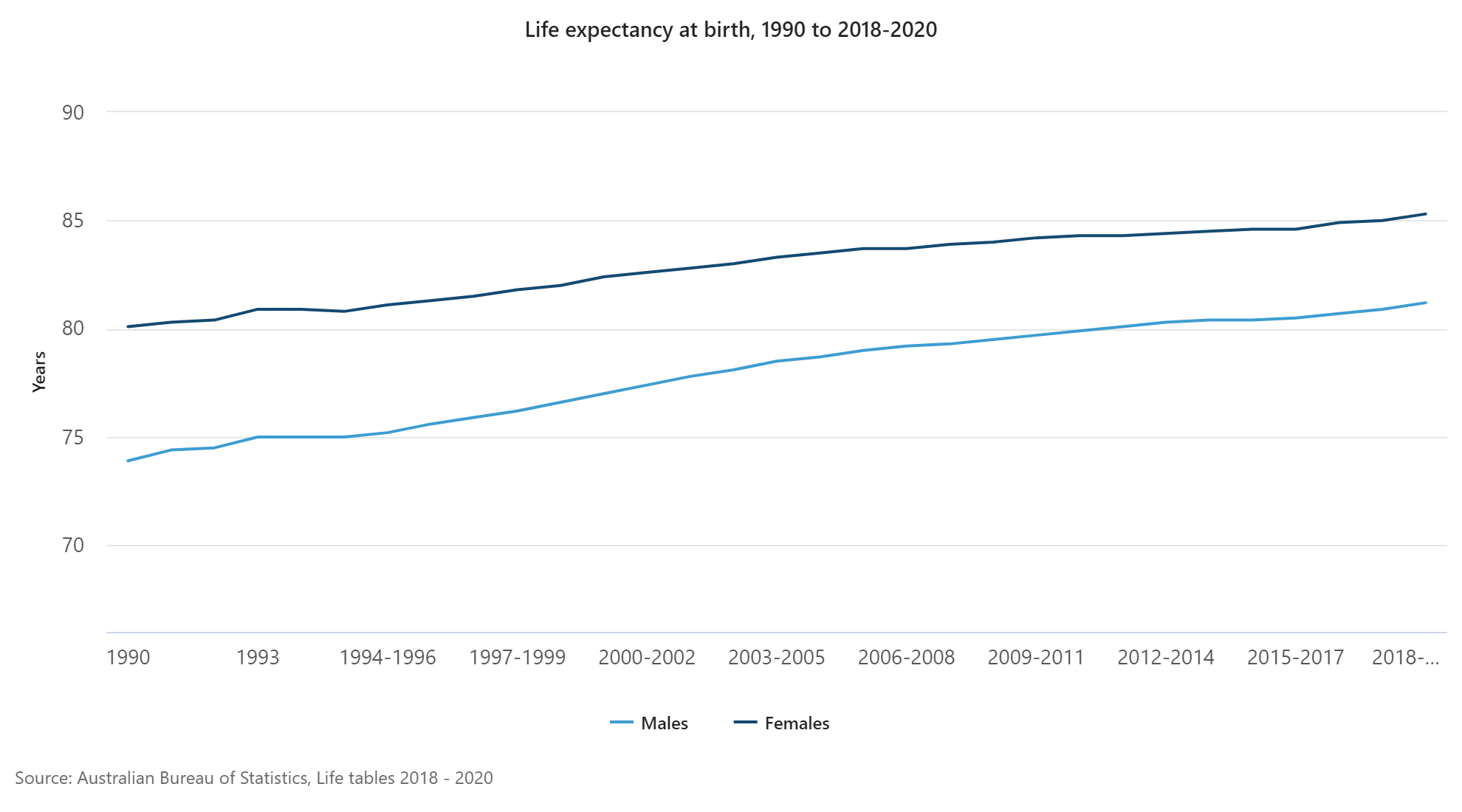As users of the .id tools, you would be used to providing sound, verified information for use in making evidence-based decisions. In doing so you would often come across other commonly held views or opinions based on rumour, misinformation or just old data – which you use the .id tools to try and dispel.
The well-known Australian slang term for such mistruths is a “Furphy”. But just where does this term come from, and what does World War 1 have to do with it?

Some time ago I was visiting the excellent war museum in Darwin and I saw, amongst the other exhibits, a Furphy water tank. I wondered if this had something to do with the slang term – and after doing some research I found out that it does.
Back in the late 1800’s, fresh drinking water in Australia, especially in the rural areas, was hard to come by. Water was commonly carried in barrels on the back of a horse-drawn dray but the weight was hard to balance and often the barrels could come loose and move around.
This was both inefficient and unreliable. In 1880’s John Furphy of Shepparton invented a more robust water tank, using cast ends and rolled metal to make a sturdy tank, mounted on a cart.
This was much easier for a single horse to pull, as it was well balanced over its two wheels.
The carts became very popular and were soon a common sight around Australia.
When war broke out troops overseas in Europe and the Middle East needed a more reliable means of obtaining fresh water, so Furphy tanks were shipped to the front lines.
The term “a Furphy” is said to be derived from these times, when troops would gather around the water tank to chat (as people do around office “water coolers” today) and many “yarns” and mistruths would be spoken.
In time any statement that was proven to be incorrect or untrue came to be known as a “Furphy”.
As an aside, John Furphy was one of the first to recognise the power of advertising, as the Furphy tanks carried a list of the other Furphy products on the cast ends of the tank.
After 1898 a motivational slogan was added, the most famous being the slogan “Good, better, best – never let it rest – till your good is better – and your better best.” The slogans changed from time to time in the next 80 years or so. The final castings were made in 1983, although many tanks remain in use today.
J Furphy and sons continues to operate and is now a 5th generation family company – and an Australian icon.












